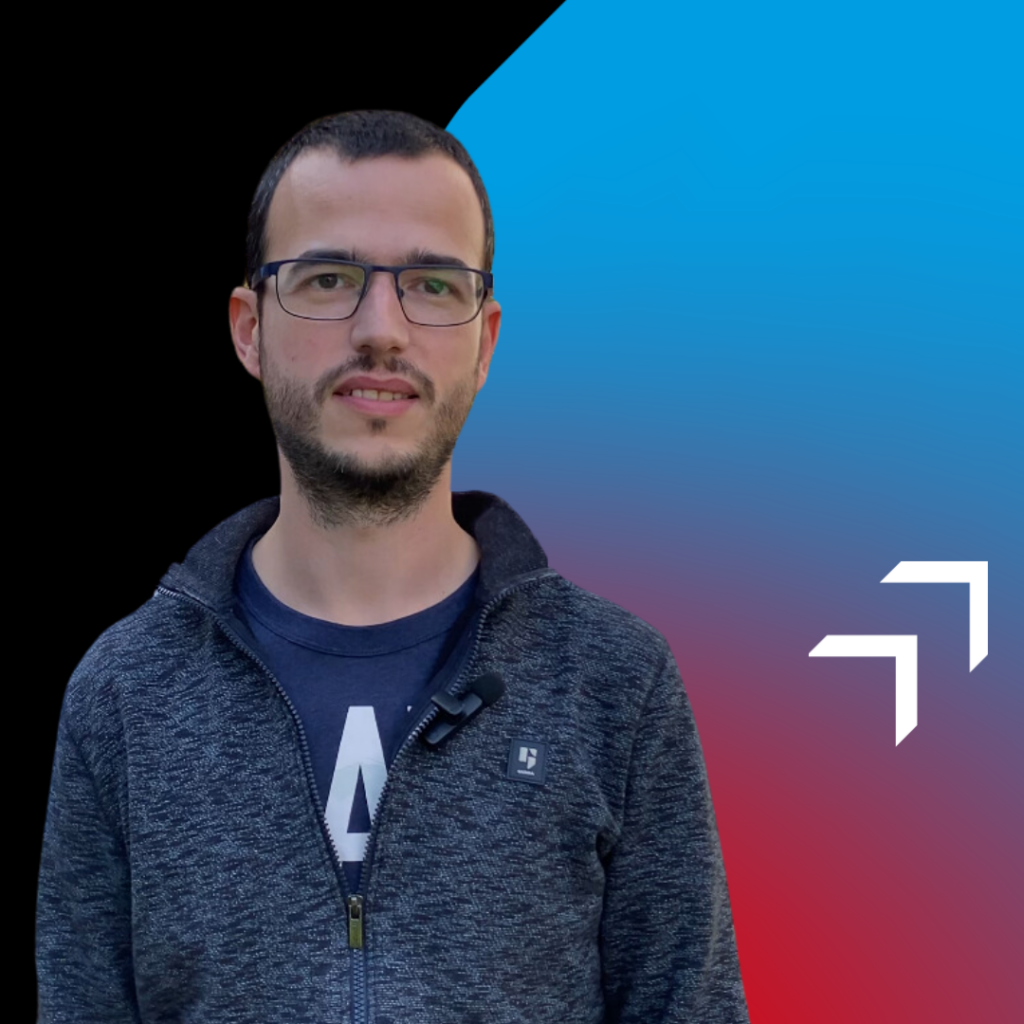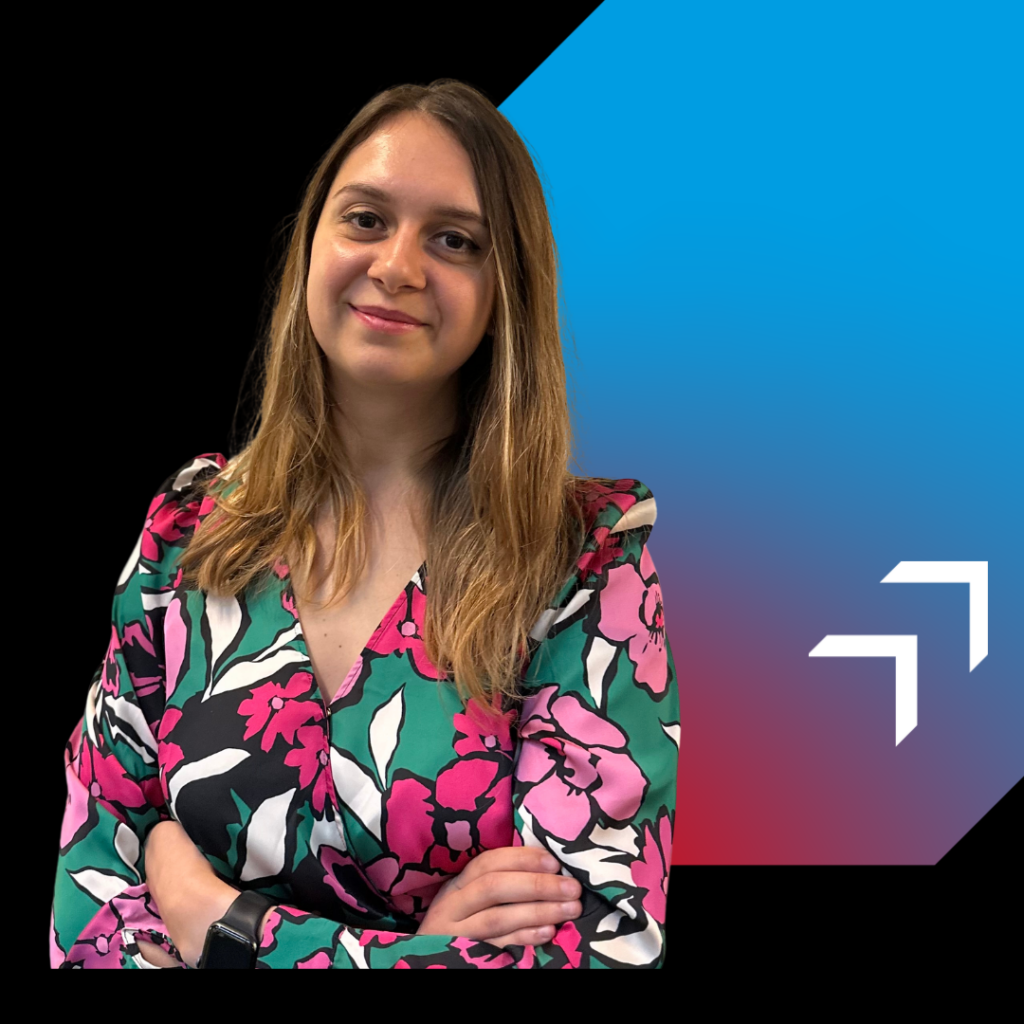In conversation with our young researchers: Marko Sikirić
10 February 2023
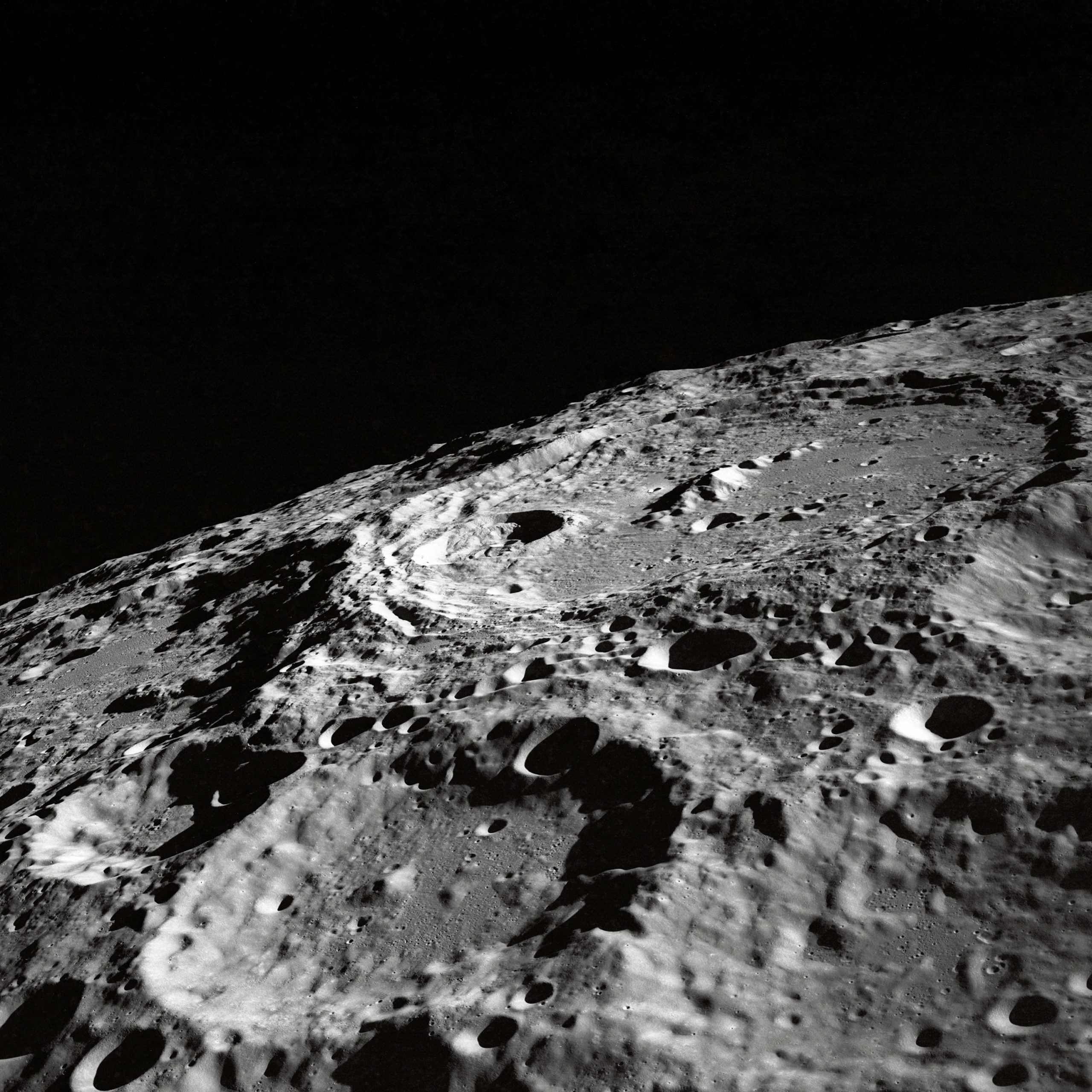
Space resources
Lunar rocks and soils contain about 40% oxygen by weight, combined with metals or non-metals to form oxides. This oxygen can be extracted if thermal, electrical or chemical energy is invested to break the chemical bonds.
How can space resources help sustain life for longer periods of time outside of Earth?
Marko Sikirić is a PhD candidate at the Luxembourg Institute of Science and Technology (LIST). His research focuses on space resources at the European Space Resources Innovation Centre (ESRIC).
Sustaining life outside of Earth
Beyond the borders of our Earth, human crews face a unique set of challenges when returning to the Moon, travelling to Mars and exploring the outer reaches of the Solar System. Human spaceflight missions require resources that are usually scarce and are usually transferred with the crew to the mission objective. Future long-term missions aim to go beyond low Earth orbit requires advances to ensure mission autonomy.
Marko Sikirić‘s research fields in Plasma Physics and Material Science is based on the utilisation of space resources to sustain life for longer periods of time outside of Earth. One of the foundations of life to sustain human crew outside of Earth is water and oxygen. As Moon’s soil contains oxygen his mission is to investigate specific setup of plasma reduction to extract that oxygen and create water with hydrogen plasma.
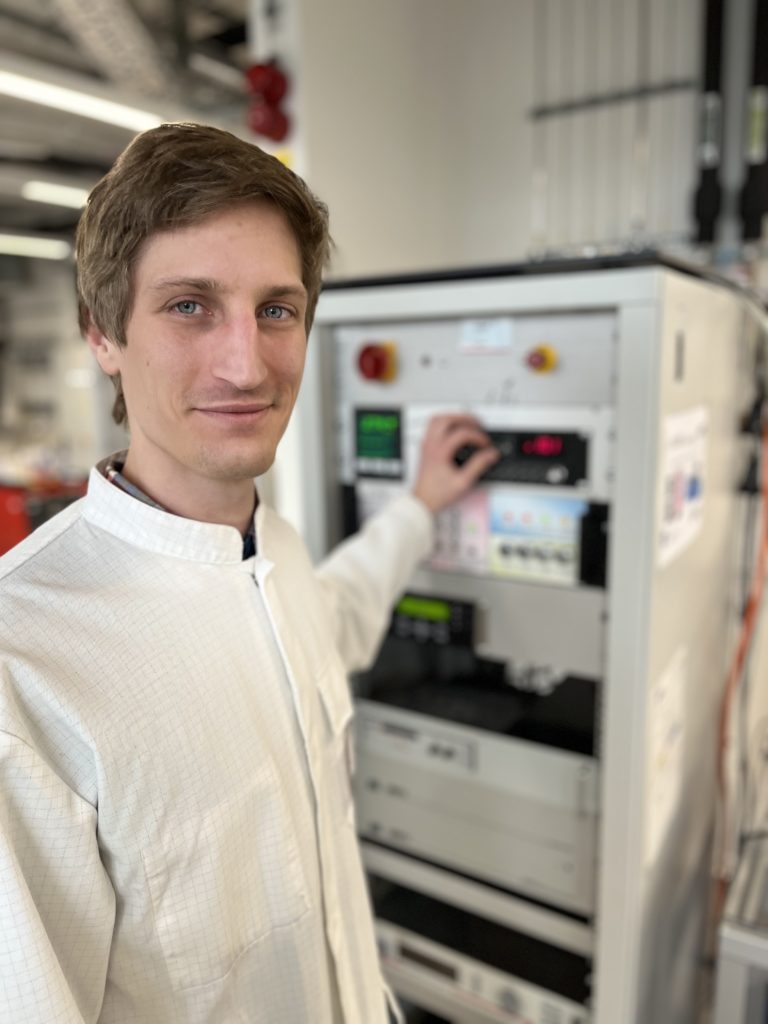
The main idea of my project is looking into ways to sustainably support human exploration of the Moon and beyond. Additionally, my project also contributes to environmentally friendly metallurgy, where hydrogen would be used instead of carbon oxide for ore smelting which doesn’t release greenhouse gasses into the atmosphere
Marko Sikirić
From internship to PhD
A graduate in electrical engineering from the University of Applied Sciences in Zagreb, Marko did an internship at the Luxembourg during his master’s degree. Thanks to this positive experience, Marko decided to continue his research projects with LIST and ESRIC being affiliated as a PhD candidate at the University of Luxembourg.
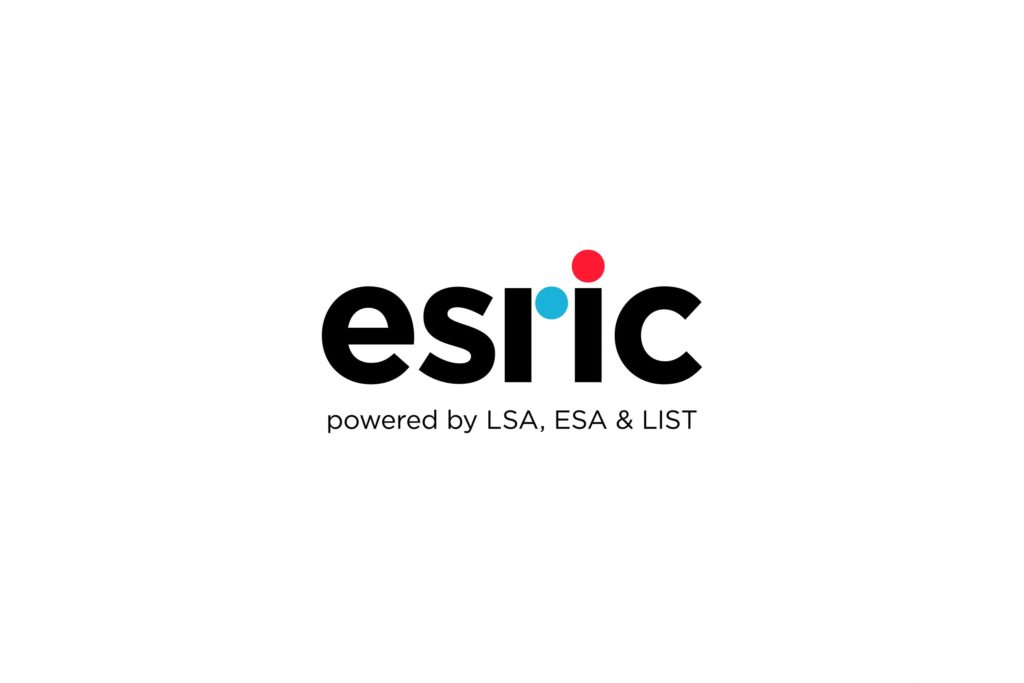
Based in Luxembourg, ESRIC is the first research, business and innovation centre exclusively focused on the utilisation of space resources.
ESRIC works closely with leading players in the space resources ecosystem from around the world.
Space research as one of Luxembourg’s priorities
Since 2016, the space ecosystem has developed significantly. Today, Luxembourg is home to more than 70 public and private players in the space sector employing more than 1400 people. The last few years have also seen the birth of a new dynamic within the space sector, according to the European Space Agency. Marko’s research is being funded by Ministry of Economy of Luxembourg. It has won the grant from European Space Agencies Open Space Innovation Platform.
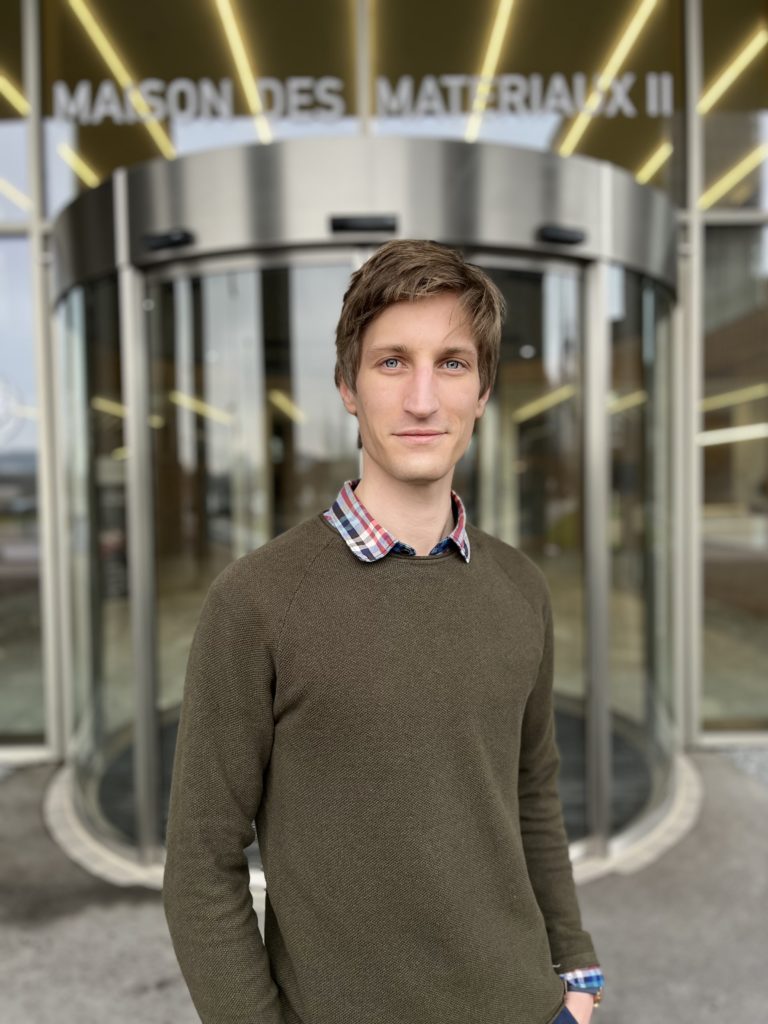
Luxembourg is extremely engaged and invests a lot in research which is great news for any researcher. When coming here they know already that they will be well supported and encouraged to be their best selves every day.
Marko Sikirić
To Marko, the research environment in Luxembourg is conducive to developing the interdisciplinary and collaborative skills that are essential to any project. For example, the researcher’s plasma machine requires engineering skills to operate, repair and experiment with it. Similarly, collaboration with the LIST plasma process engineering team requires good communication and social skills.
A cosmopolitan country
Moving to Luxembourg was an easy choice for the Croatian researcher. When he came as an intern, he felt people were so welcoming and supportive that conducting a PhD in Luxembourg was natural.
Living in Luxembourg for me is great. I really enjoy the nature, excellent infrastructure and well preserved green areas.
Marko Sikirić









